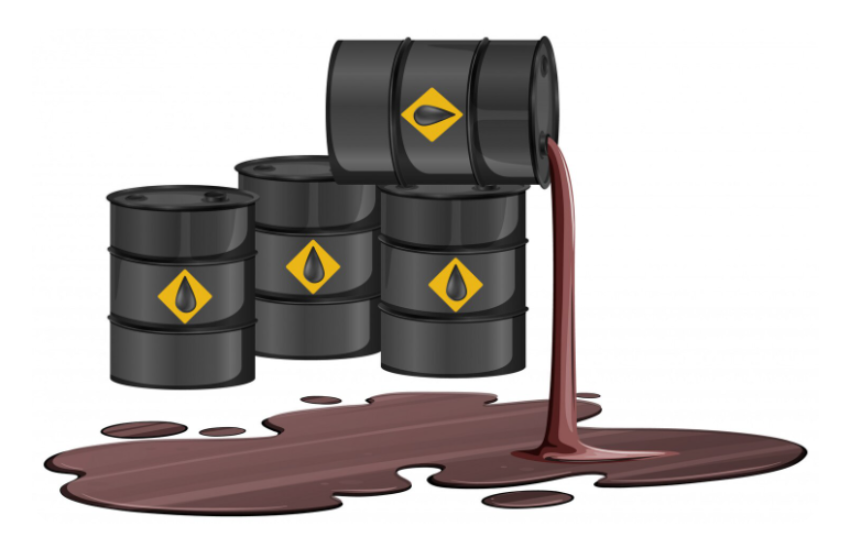
Heating oil has been the backbone of many homes in the United Kingdom, particularly in rural and off-grid locations where mains gas is not available. Among the different fuel options, kerosene heating oil (commonly referred to as 28-second oil) is the most widely used for domestic boilers, range cookers like AGA and Rayburn, and even some space heaters.
But a frequent question homeowners ask is: “Can you mix kerosene heating oil with other oils?” The short answer is: not usually advisable without professional guidance. To understand why, let’s explore the science, the risks, and the UK regulations around heating oils.
Understanding Kerosene Heating Oil
Kerosene is a refined, light petroleum distillate, often dyed pale yellow in the UK for identification purposes. It is prized because:
-
It burns cleanly with minimal soot.
-
It has a relatively low freezing point, important for colder regions.
-
It is compatible with most modern domestic boilers.
-
It is cost-effective compared to alternatives like electricity or LPG.
In the UK, kerosene is sometimes also known as 28-second oil, referring to its viscosity in a standard Redwood test. Its cleaner burning properties make it the legal and recommended choice for domestic heating systems.
Other Oils Commonly Compared With Kerosene
Before mixing is even considered, it’s vital to understand the other fuels in the conversation:
-
Gas Oil (Red Diesel or 35-second oil)
-
Thicker and less refined than kerosene.
-
Mainly used for agricultural machinery, generators, and some older commercial boilers.
-
Dyed red for tax reasons and contains chemical markers to prevent illegal use in road vehicles.
-
-
Biodiesel or Bio Heating Oil
-
Renewable fuel derived from vegetable oils, animal fats, or recycled cooking oils.
-
Sometimes blended with kerosene to lower carbon emissions.
-
Requires boiler modifications or at least compatibility checks.
-
-
Waste Oil / Used Cooking Oil
-
Some people explore using waste oils as a low-cost heating alternative.
-
Generally not legal or safe for standard domestic boilers in the UK.
-
Can damage equipment, produce toxic fumes, and violate environmental regulations.
-
Can You Mix Kerosene With Gas Oil?
Technically, kerosene and gas oil can blend because they are both petroleum distillates. However, the key concerns are:
-
Boiler Compatibility: Domestic boilers are designed for kerosene, not the thicker gas oil. Mixing may clog filters, nozzles, and pumps.
-
Combustion Quality: Gas oil produces more soot and sulphur emissions. Even small blends can reduce boiler efficiency and increase servicing costs.
-
Legality: Mixing kerosene with gas oil to avoid paying the higher duty rates of diesel can breach HMRC rules. Heavy fines or prosecution may follow.
In practice: UK homeowners should avoid mixing kerosene with gas oil. If a system requires gas oil, it is usually a commercial or industrial boiler, not a domestic one.
Can You Mix Kerosene With Biodiesel or Bio Heating Oil?
Here’s where things get more nuanced. Some suppliers in the UK already offer bio-kerosene blends (for example, blends containing FAME – Fatty Acid Methyl Ester). These are part of the heating industry’s effort to reduce carbon footprints and move toward renewable energy.
-
Pros:
-
Lower carbon emissions compared to pure kerosene.
-
Can help households transition gradually toward renewable energy.
-
-
Cons:
-
Biodiesel absorbs water more easily, which can lead to microbial growth (“fuel bugs”) in storage tanks.
-
Some older boilers may not be compatible without minor modifications.
-
Fuel stability is lower, meaning shorter storage life.
-
In practice: Mixing kerosene with bio-oils is possible, but it should only be done with supplier-approved blends. DIY mixing of biodiesel into kerosene at home can be risky.
Can You Mix Kerosene With Waste or Used Oils?
This is one of the most dangerous practices some people attempt. Waste motor oil, used cooking oil, or other leftover oils should never be mixed into kerosene tanks for these reasons:
-
Toxic Emissions: Burning contaminated oils releases harmful particulates and carcinogens.
-
Equipment Damage: Waste oils can gum up pumps, block injectors, and corrode tanks.
-
Insurance Risks: Using unapproved fuels may void your boiler warranty and your home insurance policy.
-
Legal Implications: The Environment Agency in England and Natural Resources Wales regulate waste oil burning. Without permits, using waste oils domestically is illegal.
The Practical Risks of Mixing Oils
Even if two oils are chemically “mixable,” there are practical issues UK households need to consider:
-
Boiler Servicing Costs
Mixing fuels often leads to incomplete combustion. This produces soot, clogs filters, and shortens the lifespan of nozzles. You’ll likely face higher servicing bills. -
Loss of Efficiency
Kerosene burns efficiently at the designed nozzle spray pressure. Introducing heavier or less refined fuels disrupts the combustion process, wasting energy and money. -
Storage Tank Problems
Different oils can separate over time, particularly biofuels. This creates sludge layers in tanks, leading to blocked fuel lines. -
Safety Hazards
Incorrect mixing can cause unexpected boiler shutdowns or, worse, carbon monoxide leaks.
What Do UK Regulations Say?
For UK homeowners, it’s essential to understand the legal side of heating oil use:
-
Domestic Heating: Only kerosene is permitted for home heating systems that are designed for it.
-
Fuel Duty: Mixing kerosene with red diesel (gas oil) for heating purposes is not allowed for domestic use, unless explicitly permitted under HMRC rules.
-
Environmental Law: Burning waste oils without a permit is illegal under the Environmental Permitting Regulations 2016.
Always buy heating oil from a licensed supplier. Not only does this ensure legal compliance, but it also protects your boiler and home insurance cover.
Safer Alternatives to Mixing Oils
If you’re concerned about cost, supply shortages, or environmental impact, there are better alternatives than experimenting with fuel mixing:
-
Buy in Bulk – Ordering larger quantities of kerosene often reduces the price per litre.
-
Join a Heating Oil Club – Many rural UK communities form buying groups to negotiate discounts.
-
Improve Efficiency – Regular boiler servicing, tank insulation, and smart thermostats can reduce fuel use.
-
Approved Bio Blends – If you want greener heating, ask your supplier about certified bio-kerosene blends that are compatible with your system.
-
Long-Term Transition – Consider renewable alternatives like air source heat pumps, biomass boilers, or hybrid systems as part of future planning.
Expert Tips for UK Homeowners
-
Never “top up” kerosene tanks with leftover oils from other uses.
-
Check boiler manuals – manufacturers specify exactly what fuel can be used.
-
Work with OFTEC-registered engineers – they provide safe and legal advice for off-grid heating systems.
-
Inspect tanks regularly – especially when using bio-blends, to avoid sludge and microbial contamination.
Conclusion
So, can you mix kerosene heating oil with other oils?
For UK households, the answer is generally no—at least not without professional guidance and approved blends. While kerosene and certain bio-fuels can sometimes be mixed safely when supplied commercially, DIY mixing with gas oil, biodiesel, or waste oils risks damaging your boiler, breaking the law, and even endangering your household.
The safest route is always to use pure kerosene or supplier-approved blends, sourced from licensed distributors. If cost or sustainability is your concern, look into bulk buying schemes, heating oil clubs, and approved bio-kerosene alternatives.
By sticking to proper fuels, you’ll not only protect your boiler and your wallet but also stay compliant with UK regulations and ensure your home is safe, warm, and efficient for years to come.






